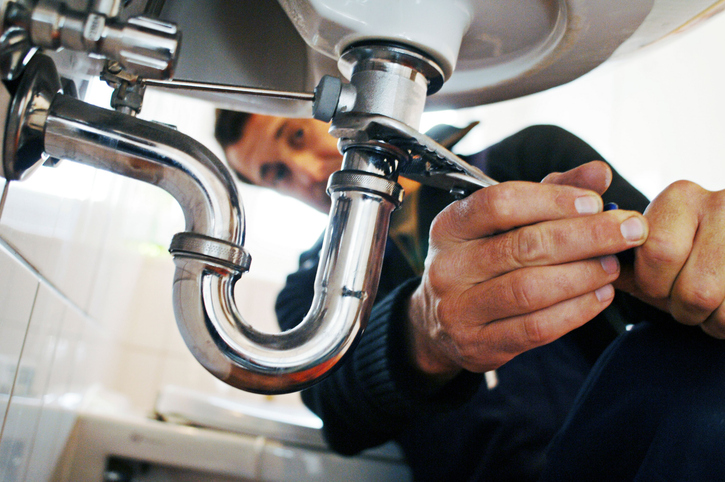Ever consider that the plumbing system in your home could be one of the major factors contributing to high utility bills? Many people do not realize the potential for savings that efficient plumbing systems offer. An efficient plumbing system not only conserves water but can also reduce energy consumption and, in turn, your monthly bills. This article aims to educate on how you can lower your bills by leveraging efficient plumbing systems.
The Basics of Plumbing
Before moving ahead, it is crucial to understand what a plumbing system entails. It includes everything related to the water supply and drainage in your home. This comprises the faucets, pipes, tanks, showers, water heaters, sewage lines etc. Given their extensive use daily, they affect your expenditure significantly. To Find more about Fergusons on LinkedIn, a company with significant experience in handling various plumbing projects.
The Value of Efficiency
Efficient plumbing focuses on consuming less water and energy while providing the same level of utility and comfort as traditional systems. With an investment into an efficient system, there is less waste over time resulting in lower utility bills.
Low-Flow Fixtures
Ditching old fixtures for low-flow ones is a great start towards creating an efficient plumbing system. Low flow fixtures like showerheads or faucets use lesser water without compromising performance., therefore reducing water bills.
Tankless Water Heaters
Unlike traditional ones, tankless water heaters heat only the required amount of water thereby saving energy. These are costlier initially but recover the cost over time by conserving energy.
Proactive Leak Detection
Besides upgrades, staying proactive towards leak detection can prevent significant water wastage. Common places to check are toilets, faucets, and pipes.
Insulating Pipes
Insulation retains the temperature of hot water in the pipes and reduces the energy consumed by the mother heater. It can also protect your pipes from freezing during colder months.
Water-Saving Toilets
Older toilet models may use more than 3 gallons per flush while newer efficient models require only 1.28 gallons or less per flush. This upgrade can drastically reduce water consumption.
Dishwashers and Washing Machines
Modern dishwashers and washing machines come with eco-friendly settings that utilize less water and energy. Opting for such models can efficiently decrease utility bills.
The Power of Maintenance
Periodical maintenance can help maintain system efficiency by preventing minor issues from escalating into major problems that need costly repairs.
Pipe Reduction & Re-routing
If feasible, reducing the length or re-routing of pipes to shorten the path of water delivery can minimize heat loss and conserve energy.
Viable Rebates and Credits
Government incentives for transitioning to environmentally-friendly systems could offset some investment costs necessary for creating an efficient plumbing system.
Hire Experienced Professionals
It is advisable to hire experienced professionals to design and install efficient plumbing systems considering its degree of complexity. They can provide guidance on how to maintain it for optimal efficiency as well.
The Long-Term Payoff
An efficient plumbing system may require an initial investment but will provide savings in the long term by reducing monthly utility bills. Moreover, it contributes towards a sustainable living environment by conserving valuable resources.
Wrapping It Up
Efficient plumbing is a sure way of lowering monthly utility bills over time. It demands an initial investment that pays off in the long run by conserving water and energy consumption. If you are ready for upgrading your plumbing system, seek experienced professionals to guide you and ensure the best possible system efficiency for your home.

